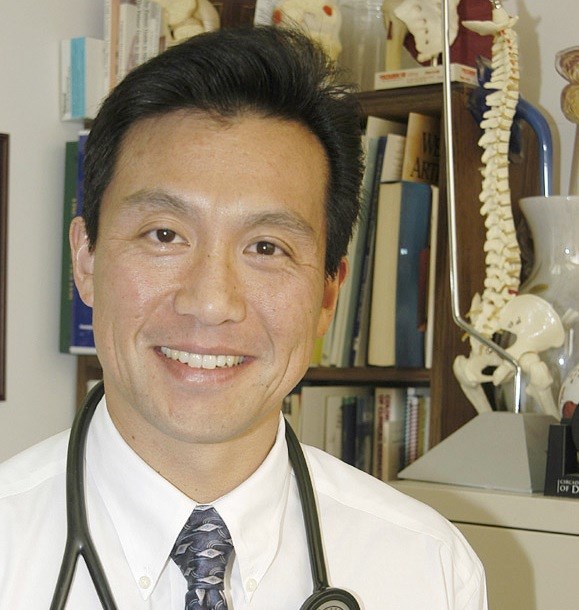Over a quarter century ago, Robert Fulghum shared his wisdom in the bestseller, “All I Really Need to Know I Learned in Kindergarten.” He reminded us that we could live good and happy lives by simply following the rules of kindergarten, including: “Share everything. Play fair. Don’t hit people. Put things back where you found them. Clean up your own mess. Flush.”
But I can’t say that everything I needed to know to help my patients become healthier and achieve their potentials I learned in medical school. Don’t get me wrong; we learned a lot in medical school. We spent countless hours in the anatomy lab studying the details of the human body from the inside out and many, many more hours in lectures and libraries understanding physiology, biochemistry, pharmacology and ethics. We were taught by professors and clinicians in every field of medicine. In hospitals and clinics, we learned to apply medicine to the individual.
After I started practice, I learned even more from my patients, refining the art of medicine. Sharing in the stories of my patients’ lives, I was privy to the wisdom of the ages.
Early in my career, I knew that in order to guide my patients to achieve their potential for health, I had to continually grow and learn myself. In addition to the lifelong, continuing medical education to which all physicians commit, with a handful of colleagues, I studied outside of the box.
What I learned and have subsequently shared with many of my patients were the secrets to that elusive goal we all seek: happiness. These are the skills essential to Emotional Wellness.
They should not be secrets. They should be part of the core curriculum for every human being, the course every parent should take or the user manuals for the human brain and spirit.
They will eventually become mainstream practices and part of everyday self-care – they are a part of mine and those of more of my patients. In fact, children are being introduced to mindfulness in some elementary schools.
So what are the essential skills of emotional wellness? Here’s two:
1. Mindfulness. This is more than just meditation, although that’s how it’s first taught: sitting in a quiet room, attending to the breath, the sounds and sensations of the moment. This can calm the body, quiet the mind, reduce anxiety and relieve stress.
With practice, we gain awareness and insight into this life, and the attitudes of mindfulness – including unconditional acceptance, nonjudging, nonidentification, equanimity and compassion spill over into all of your daily activities.
2. Cognitive Behavioural Therapy (CBT). When we are able to recognize our moods and thoughts without struggling, clinging or identifying with them, we can see how our moods shade our throughts and how our recurrent thoughts can perpetuate negative moods.
For more, see Dr. Wong’s website at www.davidicuswong.wordpress.com.



